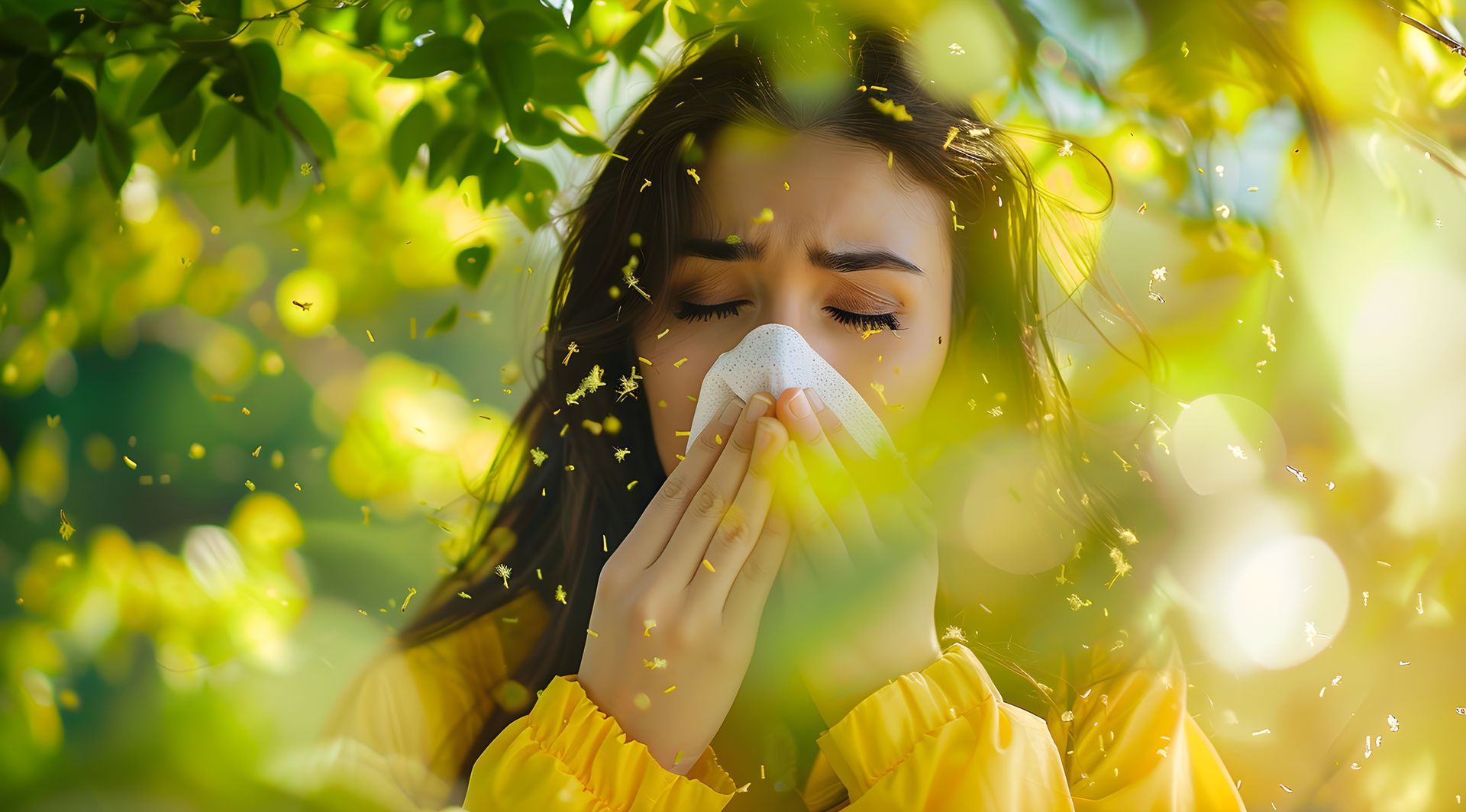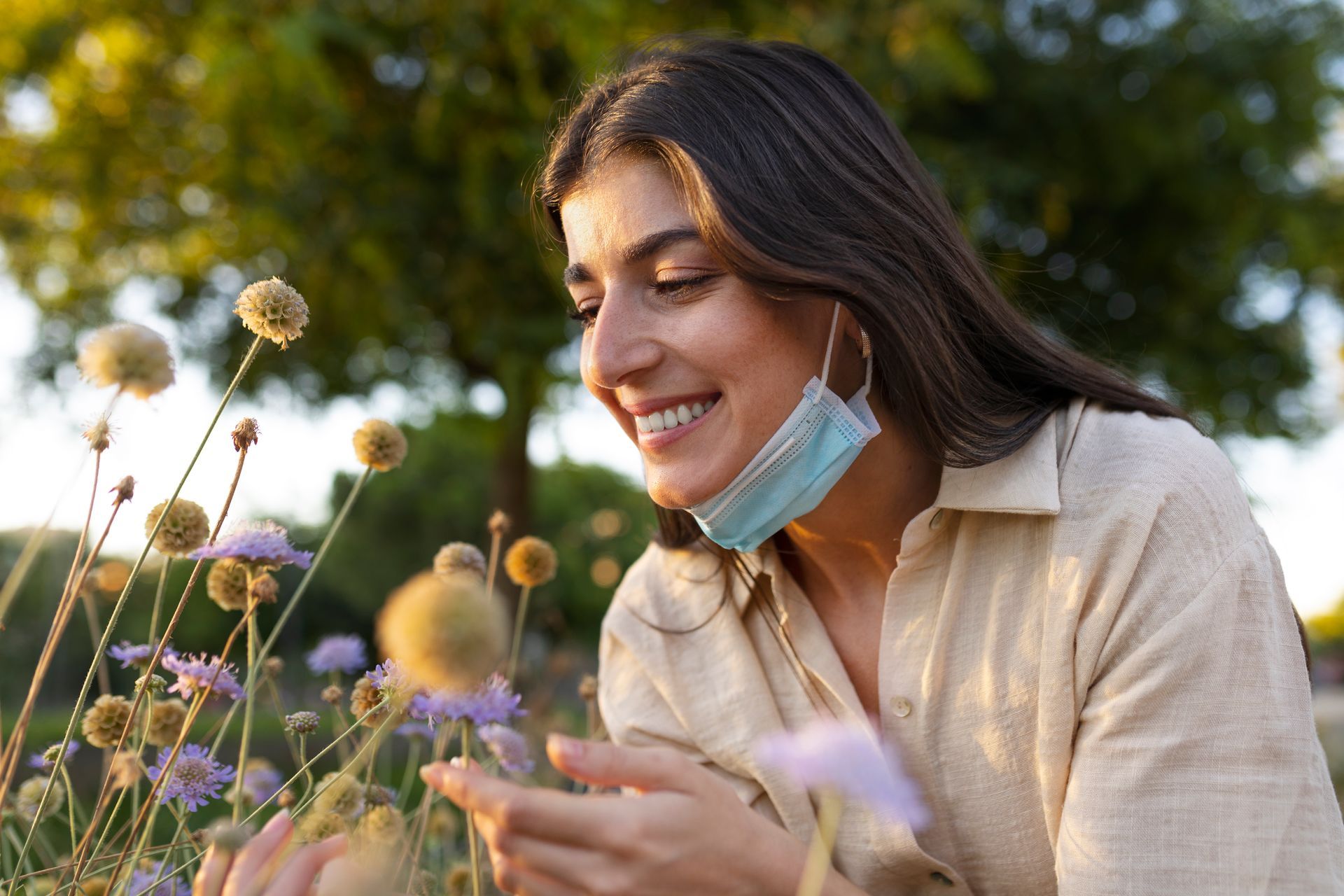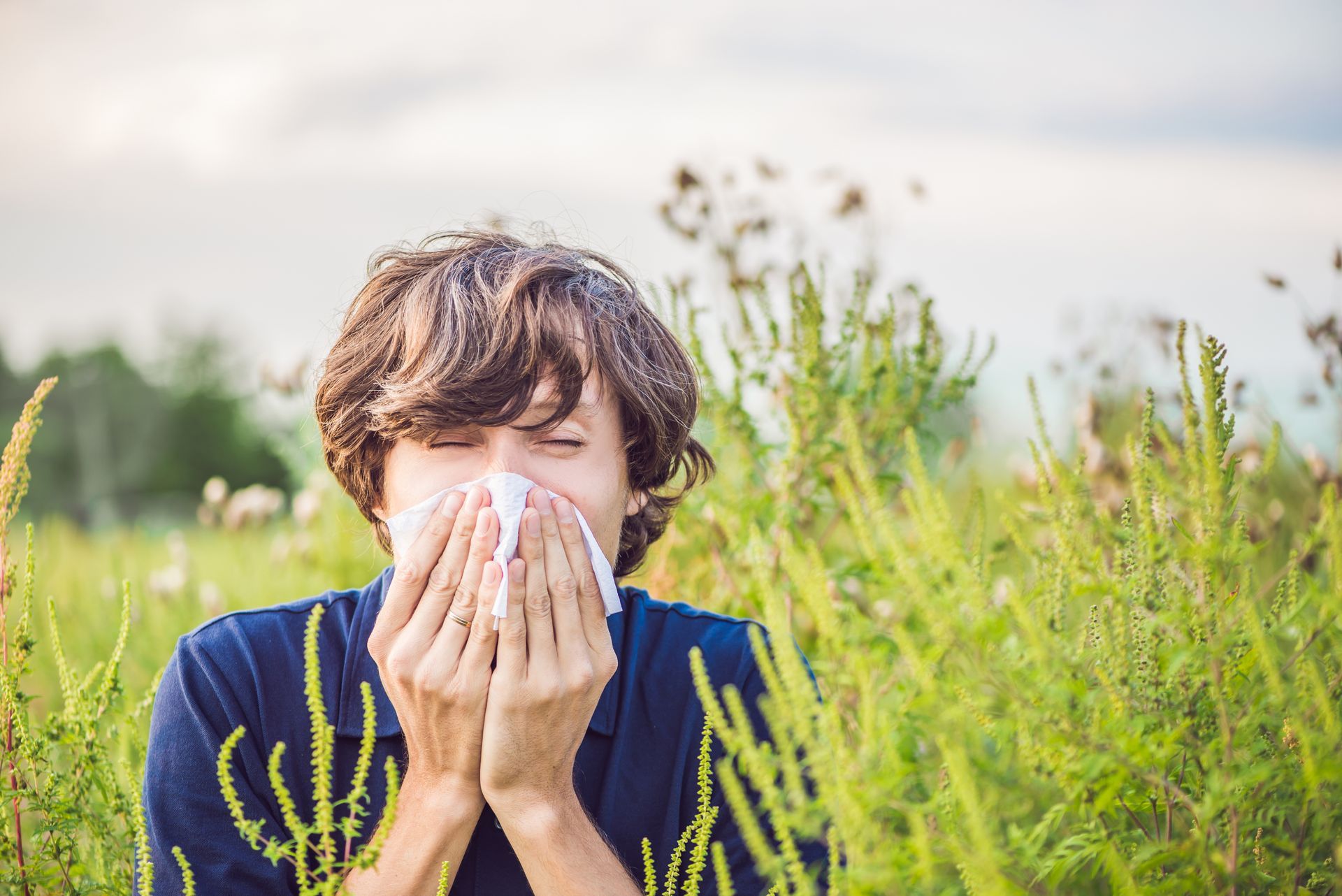San Antonio Allergy Alert: The Top 10 Triggers You Need to Know

If you live in San Antonio, you know that allergies are more than just a seasonal nuisance – they're a year-round challenge. San Antonio is a hotspot for allergy sufferers thanks to our warm climate, unique geography, and diverse plant life.
In fact, San Antonio consistently ranks as one of the most challenging places to live for those with allergies. From springtime blooms to winter cedar fever, Texas allergens are always lurking.
But don't worry – understanding what’s causing your symptoms is the first step to feeling better. At Premier Allergy of Texas, we help people like you identify the top triggers and manage those symptoms effectively. Because let's face it, life's too short to spend hiding from pollen!
Don’t Let Allergies Cramp Your Style
Why San Antonio?
So, why does San Antonio seem to have a never-ending allergy season? A few factors come into play:
| Climate | Our mild winters and hot, humid summers create the perfect environment for allergens to thrive all year round. Even in winter, plants can still release pollen. |
|---|---|
| Pollen Seasons | Spring starts with oak pollen, grass pollen in the summer, and the notorious mountain cedar pollen in winter. |
| Geographical Features | San Antonio's location in the Hill Country means allergens can easily travel in the wind and settle in our city. |
And it's not just us saying this – Asthma and Allergy Foundation of America has found that San Antonio consistently ranks among the top 50 "Allergy Capitals" in the United States.
Allergies are a nationwide challenge, with over 81 million people grappling with seasonal allergies. Here in San Antonio, we're not just reading these stats - we're living them. Our city's unique blend of allergens means many of us are too familiar with the sneeze-and-sniffle tango.
The Top 10 Allergy Triggers in San Antonio
Now that we understand why San Antonio is an allergy hotspot let's dive into the top allergens behind those sneezes and sniffles.
- Mountain Cedar
It is known as "cedar fever," despite not causing actual fever. Mountain cedar, or Ashe juniper, releases a fine, powdery pollen that is highly allergenic.
Peak Season: December to February
Common Symptoms: Intense sneezing, runny nose, itchy eyes, and even mild fever - Oak Pollen
Oak trees release large quantities of pollen in the spring that are small, lightweight, and easily inhaled, often overlapping with other spring allergens.
Peak Season: February to May
Common Symptoms: Sneezing, nasal congestion, itchy or watery eyes, and coughing - Ragweed
Ragweed is a common plant that produces pollen known for its high allergenic potential. A single ragweed plant can release up to 1 billion pollen grains.
Peak Season: Late August to November
Common Symptoms: Asthma attacks, fatigue, and sinus pressure - Mold
San Antonio’s humid weather makes it a breeding ground for mold, indoors and outdoors. It releases spores into the air that cause allergic reactions when inhaled.
Peak Season: Year-round
Common Symptoms: Respiratory issues, sneezing, and skin irritation - Grass Pollen
Bermuda, Timothy, and Johnson grasses are the common main culprits in San Antonio. The wind easily carries their small, light pollen grains.
Peak Season: Late spring through early summer
Common Symptoms: Sneezing, watery eyes, and itchy throat - Dust Mites
These tiny critters love warm, humid environments, making them a common indoor allergen in San Antonio.
Peak Season: Year-round
Common Symptoms: Sneezing, runny nose, and asthma-like symptoms - Pet Dander
Pet Dander are tiny flakes of skin shed by cats, dogs, and other furry animals that stay in the air for long periods.
Peak Season: Year-round
Common Symptoms: Sneezing, itchy eyes, and can even worsen asthma symptoms - Cockroach Allergens
Proteins in cockroach saliva, feces, and body parts are potent allergens.
Peak Season: Year-round
Common Symptoms: Coughing, sneezing, and watery eyes - Air Pollution
Pollutants from vehicle emissions, industrial activities, and construction dust contain fine particles and chemicals that can irritate the respiratory system.
Peak Season: Year-round
Common Symptoms: Increased coughing, wheezing, and shortness of breath - Smoke from Wildfires
Smoke can carry fine particulate matter that aggravates allergies and respiratory conditions.
Peak Season: Year-round
Common Symptoms: Increased coughing, wheezing, and shortness of breath
Managing Allergies in San Antonio
While we can't change our city's allergy landscape, we can limit our exposure and find relief. Here are some effective strategies to help you breathe easier:
- Check
Daily Pollen Counts:
Keep an eye on the local pollen forecasts, especially during peak seasons, and stay indoors when counts are high.
- Use Air Purifiers:
Invest in a good-quality air purifier with a HEPA filter to minimize indoor allergens like dust mites, pet dander, and mold spores.
- Keep Windows Closed:
During days with high pollen counts, keep your windows and doors closed to prevent allergens from entering your home.
- Shower and Change Clothes After Being Outside:
Pollen clings to your skin, hair, and clothing, so rinse off after spending time outdoors.
- Vacuum and Dust Regularly:
Use a vacuum with a HEPA filter and dust surfaces often to minimize allergens like dust mites and pet dander.
- Control Indoor Humidity: A dehumidifier keeps humidity levels low and prevents mold growth. Aim for a humidity level of around 40-50%.
Everyone's allergy profile is unique, and what works for one person may not work for another. For personalized advice and specialized treatments, Premier Allergy TX is always here to help!
Why Choose Premier Allergy TX?

While the tips we've shared can certainly help, sometimes you need more support to conquer your allergies. That's precisely what our expert allergists at Premier Allergy TX offer.
Imagine waking up one day and realizing your allergies no longer control your life. Sounds too good to be true? Well, it's not! Here’s how our allergy & asthma center can help you:
- Expert Allergy Testing: We offer comprehensive allergy testing to identify the specific triggers affecting you. Results help us tailor a treatment plan for your unique needs.
- Personalized Treatment Plans: Our approach is all about you. We create customized plans to manage your symptoms effectively based on your test results, lifestyle, and preferences.
- Immunotherapy Options: For long-term relief, we provide immunotherapy treatments designed to desensitize your immune system to allergens, reducing your symptoms over time.
We’re here to support you every step of the way so you can take control of your allergies and enjoy all that San Antonio has to offer, from the River Walk to the Pearl District, without constantly reaching for tissues.
Contact us today to start your journey toward clearer, more comfortable days.
Sneeze Less, Smile More












